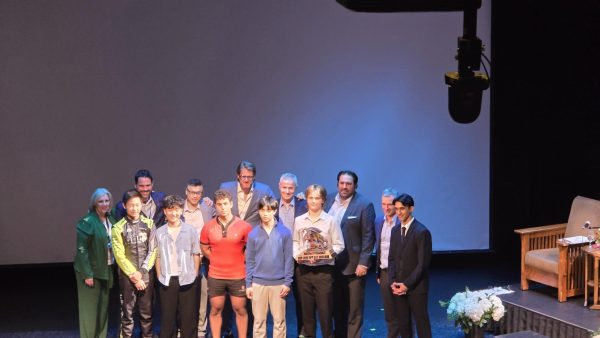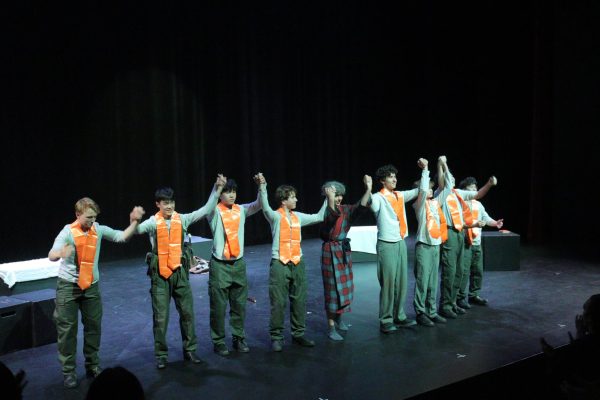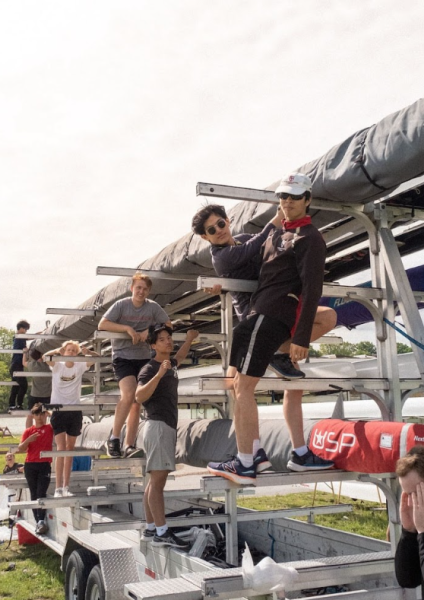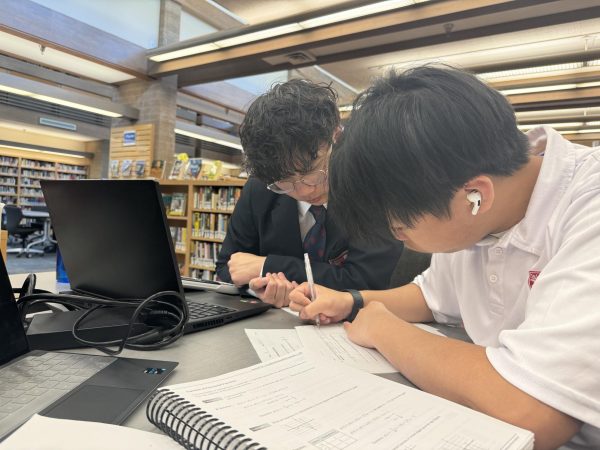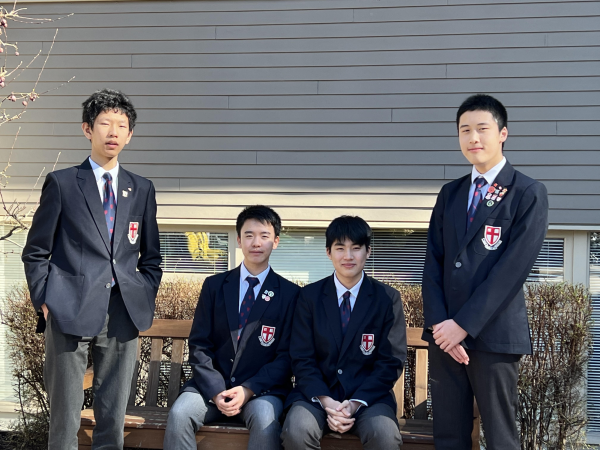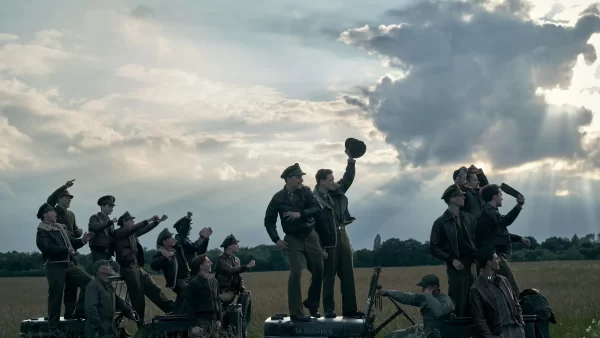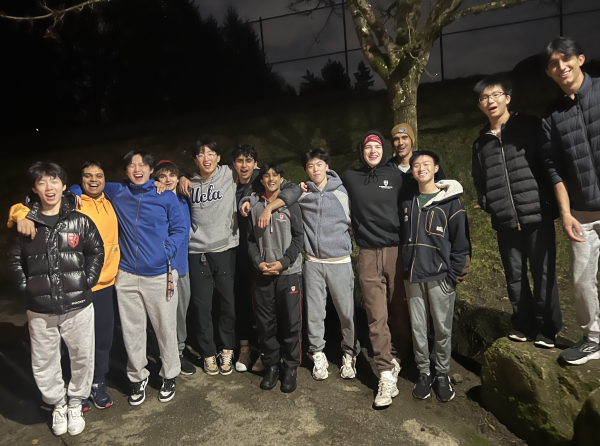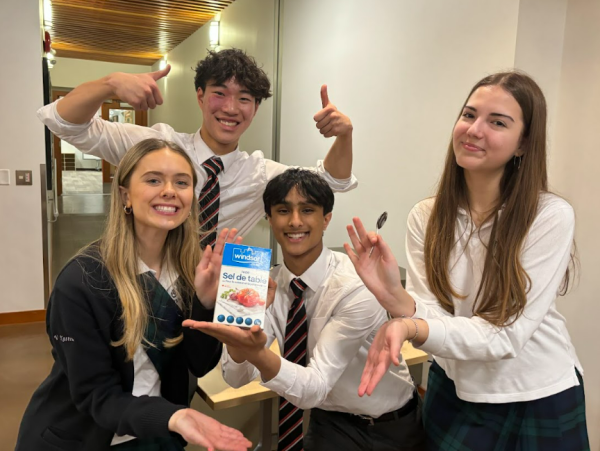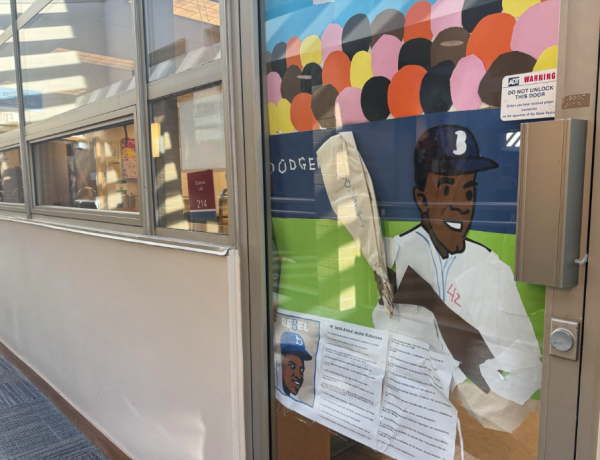BC Election Update
The BC election officially started on April 11th, 2017. There were 87 seats up for grabs, an increase from the previous 85 seats. Incumbent Premier Christy Clark of the BC Liberal Party, John Horgan of the BC NDP, and Andrew Weaver of the BC Green Party were all vying to form government, with the latter two attempting to break the Liberals’ 16 years in power.
The leaders’ all had their moments to shine during four weeks of campaigning that have produced several moments of fireworks, testy exchanges and clear divisions between the parties.
For Clark, a re-election for a fifth Liberal term would be historic. Four years of a new mandate would mean 20 years of Liberal rule, and tie the party with W.A.C. Bennett’s Social Credit dynasty for the longest term in office in provincial history. Clark has focused her campaign messaging on creating jobs, economic growth, tax freezes, small government and leadership stability in the wake of U.S. President Donald Trump’s aggressive protectionist trade actions.
New Democrats have countered with their own message: It’s time for a change. Sixteen years of Liberal government are enough, and voters should send a message by relegating them to the opposition bench, Horgan has argued. The NDP have pointed to a series of scandals, the failed court battle with teachers, the influence of political donations by Liberal donors, rising fees, cutbacks to services, and the housing affordability crisis as key reasons to oust the governing party.
The wildcard of the election has been Weaver and the Greens. Strong contenders on southern Vancouver Island, Weaver has sought to expand his party’s influence to the Lower Mainland the Interior. It’s unclear how the Green vote will materialize on May 9 and whether it will result in a handful of new seats for the party or prove to be a spoiler for the NDP and Liberals in key ridings.
The NDP was out of the gate early, campaigning a full week before the official April 11 writ drop. But quickly, the two main parties were locked in battle over one of their first campaign promises: bridge tolls.
The Liberals promised to cap the annual cost of tolls for drivers on the Port Mann and Golden Ears bridges at $500, potentially saving a daily commuter $1,000, and costing government $30 million annually.
The NDP quickly counterpunched with a promise to completely eliminate the tolls, and fund the almost $200-million annual cost out of the Liberals’ Prosperity Fund. But the fund only has $500 million in it, leading the two parties to spar about how the NDP will pay the bill in the future (the party never really explained how).
Clark accused the NDP of “scrambling to come up with ideas.” Horgan argued tolls were unfair to drivers south of the Fraser River. “We’re going to give Lower Mainland commuters a break,” he said. Both were fighting for voters in Surrey and Delta. Weaver said he would keep the tolls because they discourage driving and pollution.
It’s been exactly a week since the election, and the BC’s political future could not be more in question. With absentee ballots being counted from May 22nd to 25th, British Columbians will soon know who will lead their province for the next four years. In a few key ridings, such as Courtney Comox where the result was decided in 9 votes, these ballots have a very good chance to change the result entirely.
If Premier Christy Clark wins one more seat, she will have secured another Majority government. However, if the Green Party and NDP form a coalition, her government will be defeated.
Stay tuned for updates.





